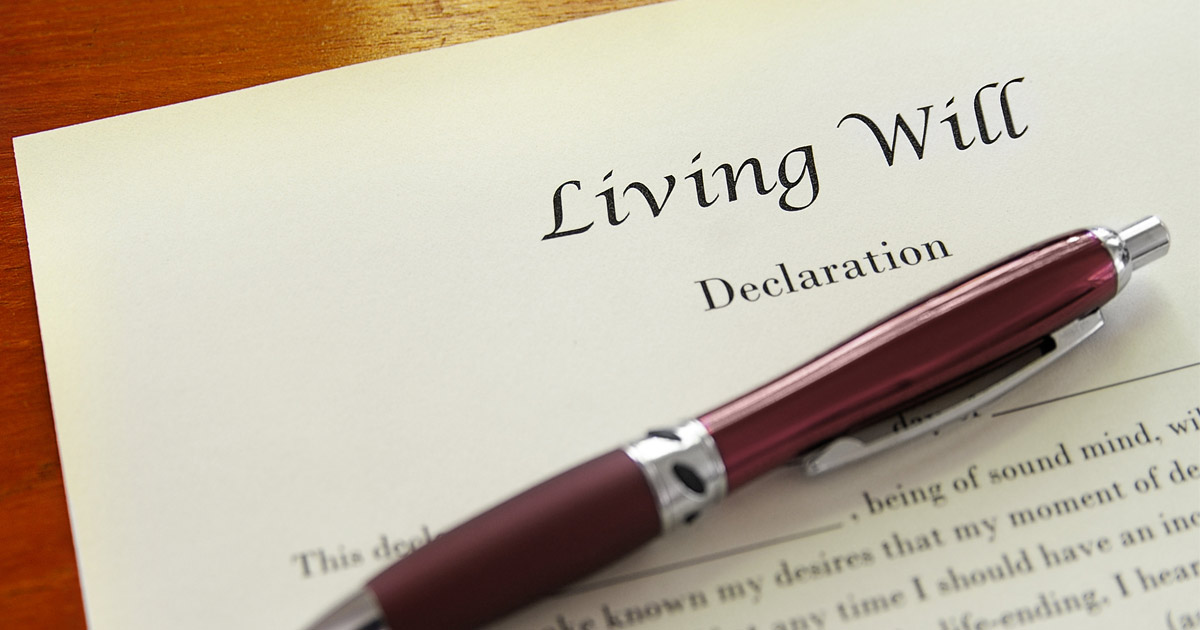Most people need to have a will. Some people feel that they do not have enough property or financial assets to need a will, but this is generally not true. The only time a will may not be needed is when a person is childless or agrees with the state’s intestacy statutes. These statutes define how a state will distribute a person’s property and assets among heirs when a person dies without a will.
For most people, a will is necessary and preferable, even with small estates. A lawyer can draft a will that supports a person’s wishes, providing peace of mind and ensuring estate distribution is done according to specifications.
Establishes an Executor
A will names an executor. An executor helps close an estate, ensuring the correct distribution of assets to heirs and generally wrapping up other elements of the estate. Without an executor, the court will assign someone to settle the estate.
Distributes the Property
A will outlines who will get property when a person dies. This is a common motivation for a will. Without the guidance of a will, the state will decide who gets what estate assets under state laws, not according to the decedent’s wishes.
Protects Children and Assets
A will helps protect minor children, and the assets left to minor children. A will names a guardian for minor children. If a guardian is not named, the court will appoint one.
In addition, property, including financial assets, left to minor children must be managed by an adult. A will allows this to happen, most often through a trust or through the Uniform Transfers to Minors Act (UTMA). The UTMA allows a minor to receive gifts, such as money and real estate, without the aid of a guardian or trustee. A will can also name someone to take care of property left to minor children separate from a trust or the UTMA.
Takes Care of Wishes
A will takes care of special wishes. People often use their will to ensure a beloved pet is taken care of or to guarantee a particular person receives a special family heirloom, for example. A will can also outline the type of funeral service and burial a person wants and any charitable contributions they want to make.
A will is a back-up for other estate tools. People often have a living trust or other estate plans in place. A back-up will can cover property distribution and other estate items that are not in the living trust or estate plan.
Reduces Conflict
A will can reduce family conflict. A person’s death can create tension, anger, and mistrust within a family or among heirs. A will can help reduce this negativity by outlining in certain terms how the estate will be distributed.
Do Wills Need to be Probated?
A will does not automatically trigger probate. When an estate includes assets not designated as transfer on death (TOD) or payable on death (POD), assets will need to go through probate. The court-guided probate process gets these assets out of the decedent’s name and into beneficiaries’ names as outlined in the will. A lawyer can perform the TOD and POD process and recommend other planning tools to keeps assets out of probate and ensure final wishes are granted.
Media Estate Lawyers at Eckell Sparks Help Clients with Wills, Trusts, and Other Essential Estate Planning Tools
It is important for most people to have a will that clearly details how their estate will be divided among specified heirs. An experienced Media estates lawyer at Eckell, Sparks, Levy, Auerbach, Monte, Sloane, Matthews & Auslander, P.C. can help you draft a will. Call us at 610-565-3701 or contact us online for a free consultation. Located in Media and West Chester, Pennsylvania, we serve clients throughout Delaware County, Chester County, and Montgomery County.

